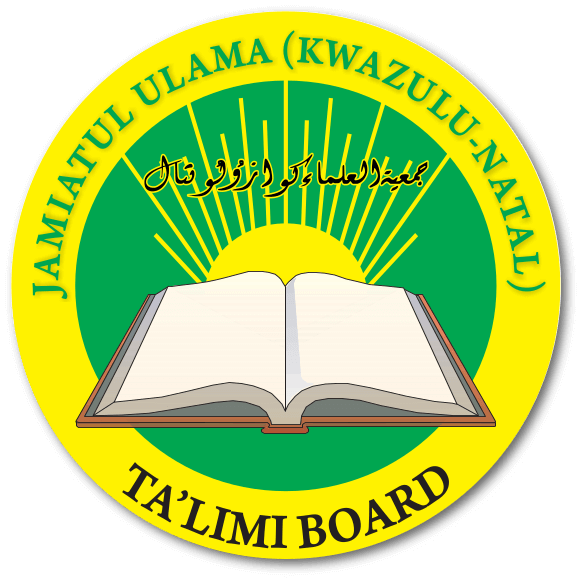Working with Weak Learners
Question:
Assalamu alaykum warahmatullahi wabarakaatuh.
In the grade O class there is a student that finds recognising zabr, zer and pesh very difficult. Can Moulana please advise what should be done with him?
In the grade 2 class there is a student that cannot learn anything at all. It takes him very very long to learn and he keeps on forgetting whatever he learns. Can Moulana also advise what should be done with him? Jazakallah khair ahsanal jazaa
Answer:
Muhtaram
Assalaamu alaykum wa rahmatullahi wa barakaatuhu.
I make dua that you be well.
Many a times in a maktab you have students of this nature who cannot learn and comprehend for some reason. We should try our best to still teach them even though they may be extremely weak. Their presence in the madrasah is better than being in some other evil environment outside the Madrasah.
These weak children in our makaatib are actually a source of great blessing for us. The Hadith of Rasulullah (sallallahu alayhi wasallam) says, “Innama tunsaruna wa turzaquna bidufaaikum” Allah Ta’ala’s help and sustenance descends upon us on account of these weak children. Many a times, it is these weak children who later on in life become such stars of Islam that they will make our names shine in this world and the next.
The following are some ways we can adopt that may be beneficial for us to reach the child:
- Take out time every day and make special dua for him by taking his name.
- Visit his home and request his parents to assist in teaching him at home. If his parents are not in a position to teach him then ask some neighbour or anyone else in the community to help him.
- Give out some sadaqah every now and again, even if it’s a small amount, on his behalf requesting Allah Ta’ala to remove any blockages that may be hindering his progress.
- Try to allocate some special time out of maktab time to give him special attention. (e.g. a Saturday morning)
- Show him lots of love and attention from your heart. This will help to make him open up to you.
- After giving him his sabak in class, pair him up with a bright pupil who may help him learn his sabak.
- Always use encouraging words to lift his self-esteem. Never ever discourage him.
It is mentioned that Hadhrat Imaam Shafiee (RA) once sat with a student and explained a masalah to him 78 times until eventually he understood it. In this day and age, this is our challenge, to be able to work with such children.
May Allah Ta’ala make your task easy for you and crown your efforts with success. Aameen.
